Tag: patent litigation
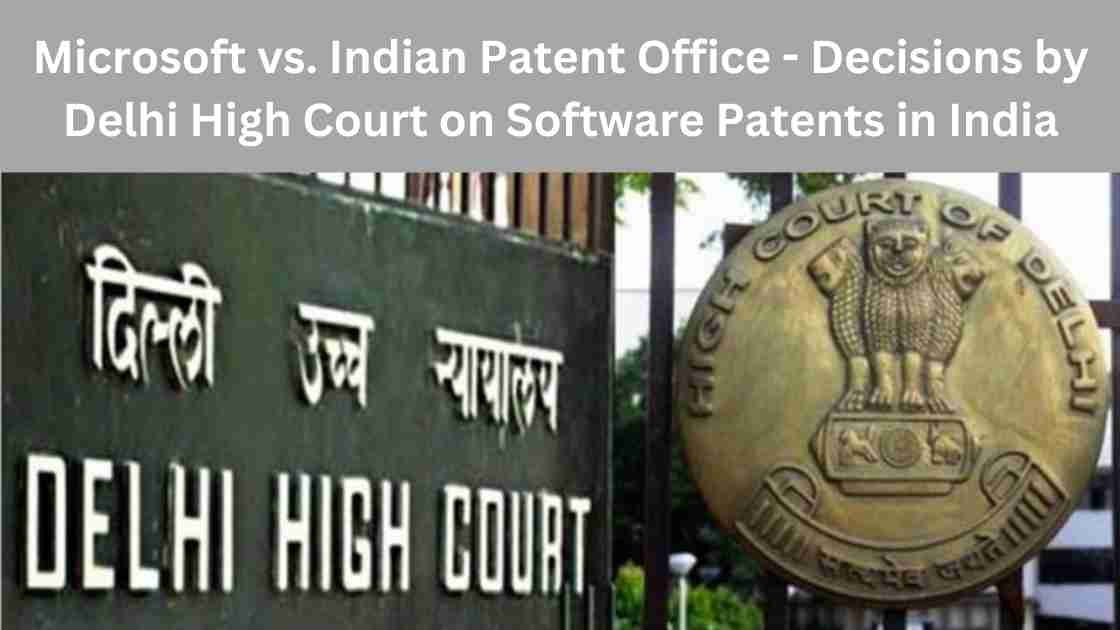
Microsoft vs. Indian Patent Office – Decisions by Delhi High Court on Software Patents in India
The part of this series focuses on the two recent judgments of the Delhi High Court passed in the statutory appeals filed by one of the leading technology giants Microsoft in the matters of Microsoft Technology Licensing, LLC v. The Assistant Controller of Patents & Designs[i], and Microsoft Technology Licensing LLC v. Assistant Controller of Patents and Designs[ii]. These judgments pertain to statutory appeals against refusal of a grant of patent applications, whereby the Delhi High Court has recommended the Indian Patent Office to adopt a broader strategy in appraising computer-related inventions. Such inventions are to be examined from the standpoint of their technical improvements and their functional significance in addressing concrete issues brought forth by such creations. The judgments provide an opportunity to revisit the concepts embodied under Section 3(k) of the Patents Act, 1970. Brief Facts: 1. Microsoft Technology Licensing, LLC v. The Assistant Controller of Patents &…
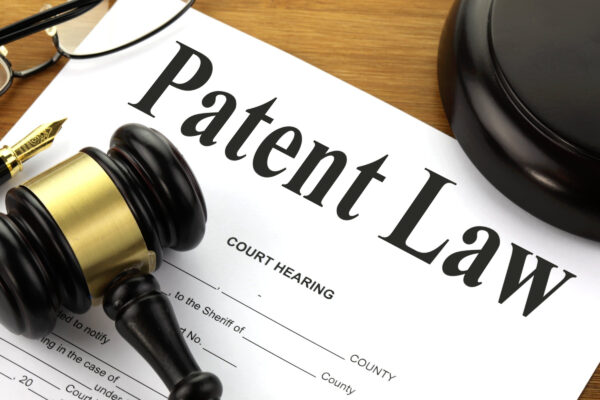
Challenging a Patent Application or a Patent in India
A patent is a statutory right granted to prevent any third party, who does not have the patent owner’s consent from using his patented invention. To know more about patents, please refer to the article “What is a Patent?” While patents are granted after examination of the invention by the respective patent offices, these patent rights are not absolute in most jurisdictions. This means that the patents and even patent applications can be challenged at any stage post-publication of the patent application or during the lifetime of the patent. It is an established position of law in India that there is no presumption of validity of a patent.[i] Also, Section 13(4) of the Patents Act, 1970, (“Act”) provides that the examination and investigations conducted by the Indian Patent Office under Section 12 of the Act shall not be deemed in any way to warrant the validity of any patent. Considering…
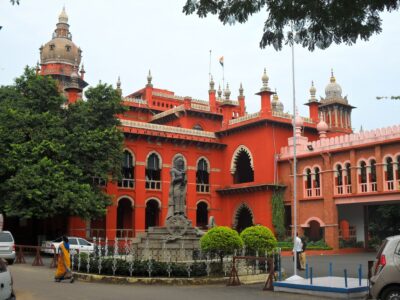
Madras High Court Condones Delay in Responding to FER
The Hon'ble Madras High Court holds that the bar on the Controller of Patents to extend the time prescribed for replying to the First Examination Report under Rule 138 of the Patent Rules, 2003 read with sub-rule (5) of Rule 24B, beyond a period of six months, could be relaxed by the Court exercising its jurisdiction under Article 226 of the Constitution of India, if convinced that the situation warrants such condonation. PNB Vesper Life Science Pvt Ltd vs The Controller General of Patents (Madras High Court on 14th March, 2022) The Petitioner is a Research-based Bio-Pharmaceutical Organization, incorporated under the Companies Act, 1956 in the year 2011, involved in the business of developing drugs for the treatment of serious diseases. A patent Application titled ‘Novel Cholecystokini, Receptor Ligands’ was filed by the petitioner before the Patent Office at Chennai. The Patent relates to a drug used in the treatment…
Form 27 – Understanding Form 27 for Patentees and Licensees in the Post-2024 Amendment
Patents grant inventors exclusive rights over their creations for a…
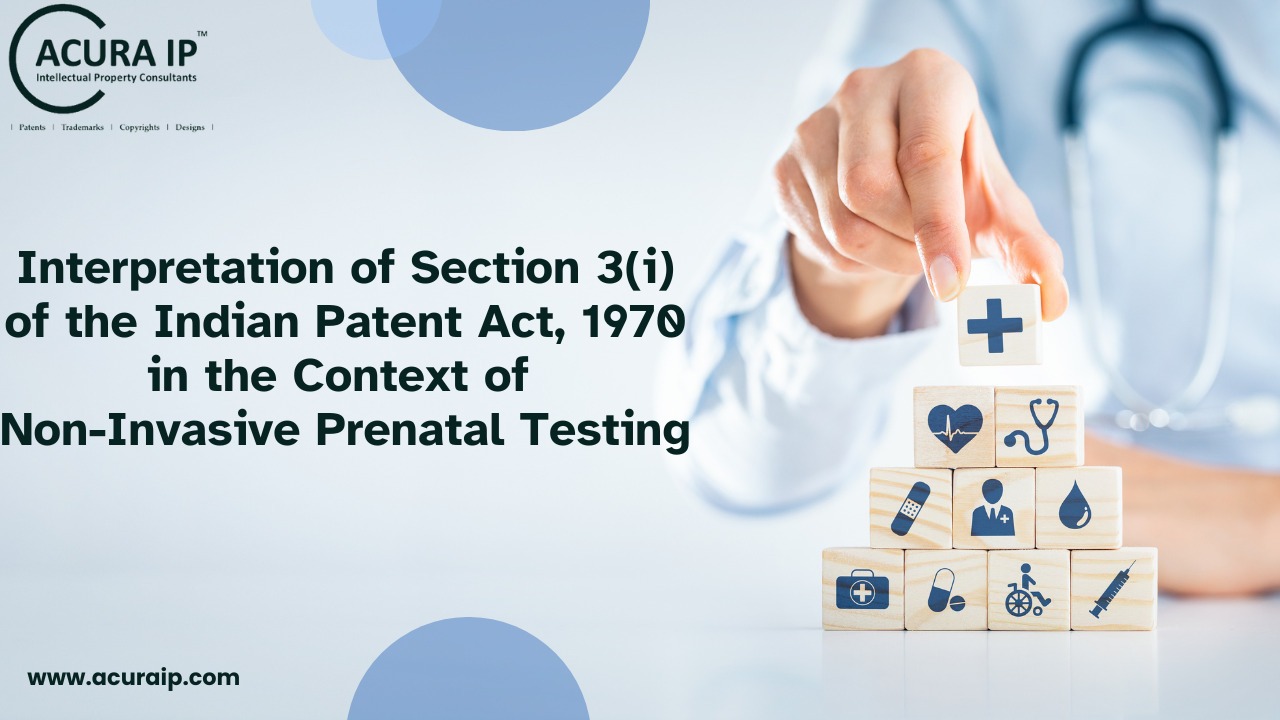
Interpretation of Section 3(i) of the Indian Patent Act, 1970 in the Context of Non-Invasive Prenatal Testing
Introduction The advent of Non-Invasive Prenatal Testing (NIPT) has revolutionized…
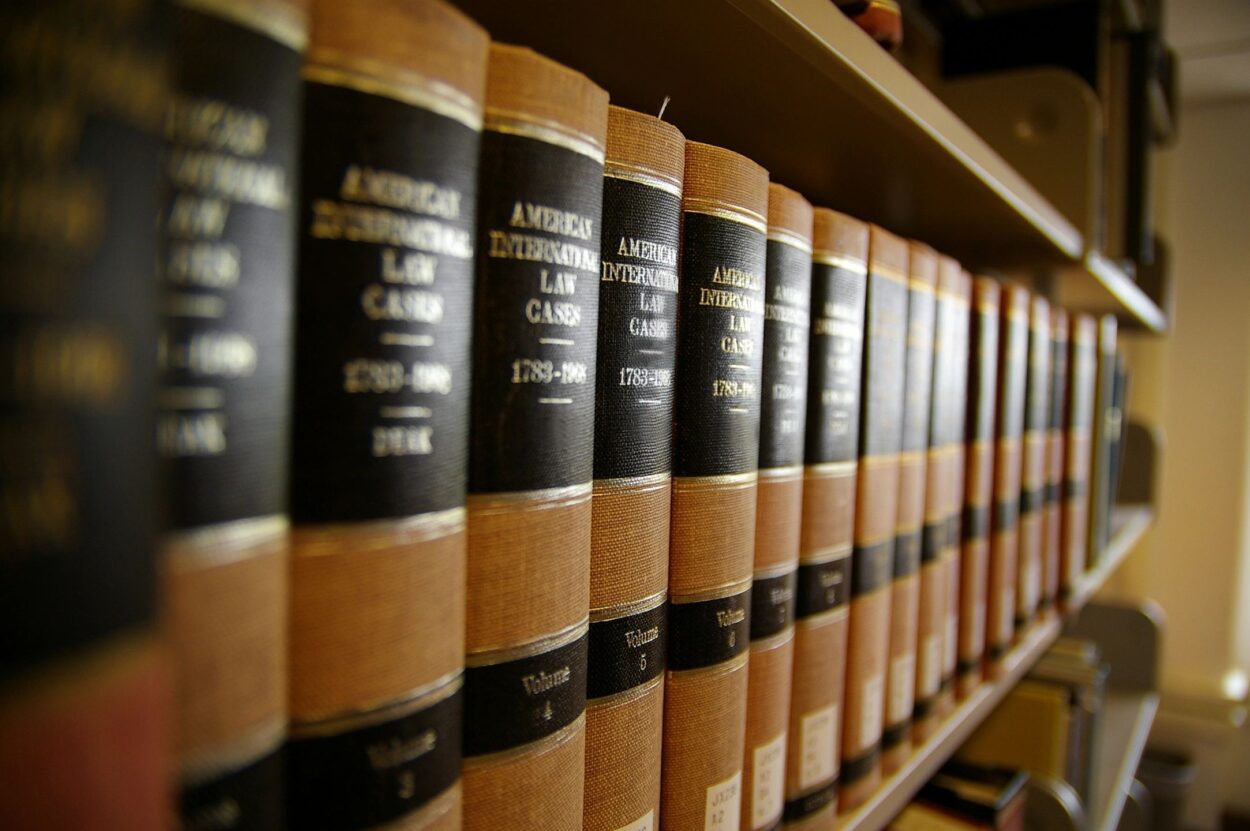
Patent Publications vs Scientific Journal Publications: Understanding the Key Differences
Patent publications and scientific journal publications are two…
Categories
Recent Discussions
Form 27 – Understanding Form 27 for Patentees and Licensees in the Post-2024 Amendment
Patents grant inventors exclusive rights over their creations for a specific period. In India, patentees and licensees have a responsibility to disclose how…
Recent Discussions
Interpretation of Section 3(i) of the Indian Patent Act, 1970 in the Context of Non-Invasive Prenatal Testing
Introduction The advent of Non-Invasive Prenatal Testing (NIPT) has revolutionized prenatal diagnostics, enabling expectant parents to assess the genetic health of the fetus…
